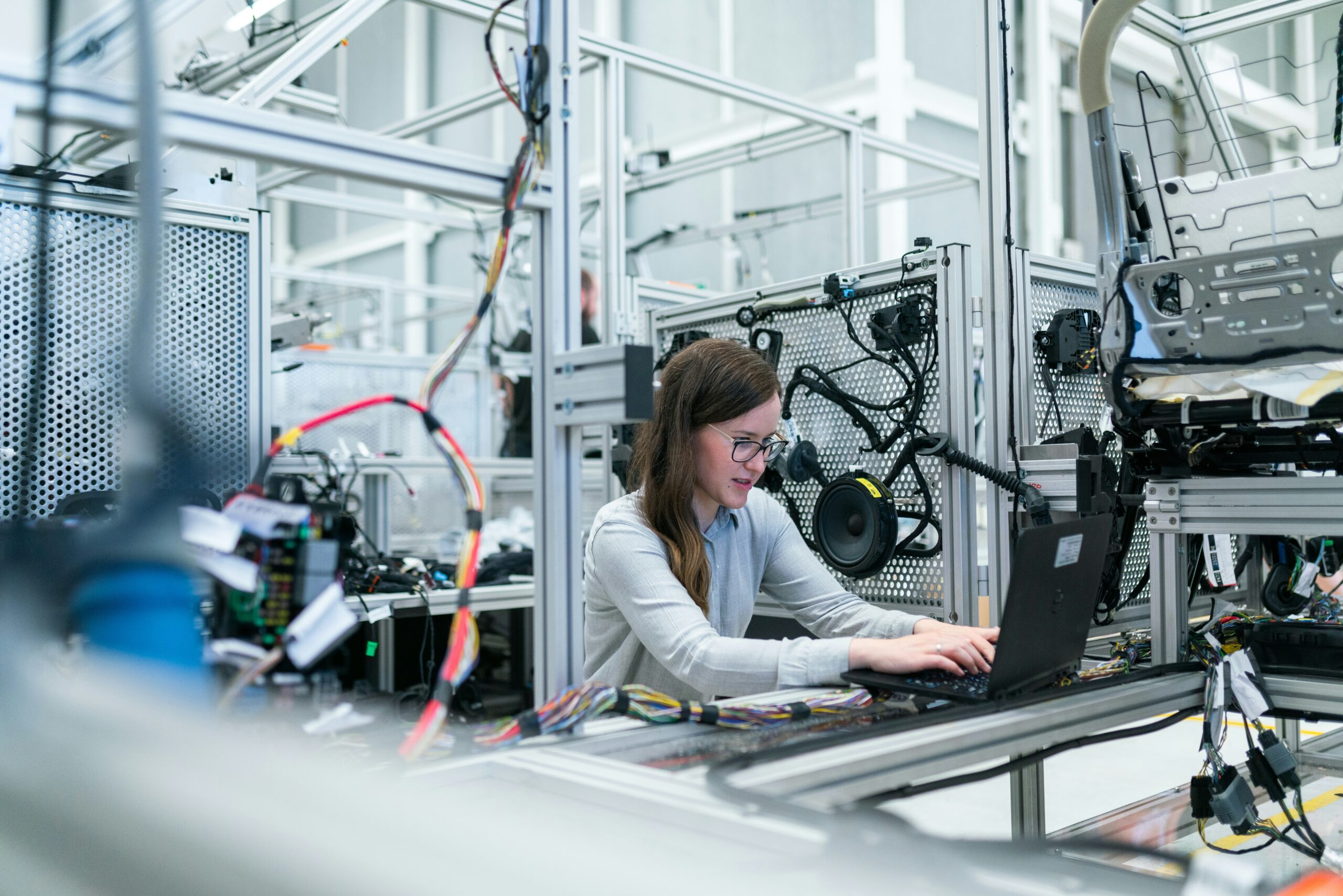Introduction
Biohacking in 2025: Merging Technology with Human Biology. Imagine a future where you can monitor your body’s health in real-time, enhance cognitive functions with neural implants, or even slow down aging—all with the help of advanced biohacking. As we step into 2025, the convergence of technology and human biology is accelerating at an unprecedented pace. Biohacking, once a niche subculture, is now at the forefront of scientific innovation, offering groundbreaking possibilities in medicine, self-improvement, and longevity. But as we push the boundaries of human enhancement, ethical and safety concerns emerge. How far should we go in modifying our bodies? And who gets to control this technology?
Table of Contents
What is Biohacking?
Biohacking, also known as DIY biology, involves making modifications to the human body through science and technology to enhance physical and cognitive abilities. This field encompasses a wide range of techniques, from simple dietary adjustments to advanced genetic engineering.
Categories of Biohacking:
- Nutrigenomics: Optimizing health through personalized nutrition based on genetic data.
- Grinder Biohacking: Implanting technology such as RFID chips and magnets to enhance capabilities.
- Neural Enhancement: Using brain implants and nootropics to improve cognitive function.
- Genetic Editing: CRISPR and other gene-editing technologies that modify DNA for health improvements.
- Longevity Research: Exploring ways to slow aging and extend human lifespan.
Breakthroughs in Biohacking by 2025
1. Smart Implants and Cybernetic Enhancements
Wearable health trackers are evolving into implantable bio-sensors that continuously monitor vital signs, glucose levels, and even neurotransmitter activity. Companies like Neuralink are developing brain-computer interfaces (BCIs) that allow humans to interact with machines using thought alone.
Notable Advancements:
- Biosensors embedded under the skin for real-time health tracking.
- Smart prosthetics that seamlessly integrate with the nervous system.
- Brain implants that restore motor function in paralyzed individuals.
2. Genetic Engineering and CRISPR Therapy
CRISPR gene-editing technology has moved from lab research to real-world applications in 2025, offering treatments for genetic disorders, cancer, and even aging-related diseases.
Applications:
- Editing out genetic diseases like sickle cell anemia and cystic fibrosis.
- Potential reversal of aging by modifying telomere length.
- Enhancing muscle growth and metabolism through targeted gene therapy.
3. Nootropics and Cognitive Enhancement
Cognitive enhancement has become mainstream, with AI-driven personalized nootropic stacks improving focus, memory, and learning ability. Startups are developing custom brain-boosting supplements based on real-time neurochemical data.
Popular Trends:
- AI-driven personalized supplements to optimize brain chemistry.
- Transcranial stimulation devices that enhance neural connectivity.
- Microdosing psychedelics for improved creativity and mental clarity.
4. The Rise of DIY Biohackers
The DIY biohacking movement has exploded, with individuals experimenting on themselves using genetic modifications, implants, and custom drugs. Open-source biotechnology platforms now allow citizen scientists to conduct genetic experiments at home.
Examples:
- Biohackers implanting RFID chips for digital transactions.
- Underground labs attempting self-administered gene therapy.
- Experimenting with bioelectronic enhancements for improved strength and endurance.
The Ethical and Safety Concerns
While biohacking offers exciting possibilities, it also presents significant risks and ethical dilemmas. Governments and regulatory bodies are struggling to keep up with rapid developments in human augmentation.
1. Who Owns Your Body Data?
With implanted biosensors constantly collecting health data, concerns arise about privacy and data ownership. Who has access to this data—individuals, tech companies, or governments?
2. The Risks of Unregulated Experiments
The DIY biohacking community operates largely outside of formal medical oversight. Self-experimentation with genetic modifications and chemical enhancers poses unknown long-term health risks.
3. Human Augmentation and Social Divide
Biohacking could create a two-tier society, where the wealthy have access to cognitive and physical enhancements, leaving others behind. If only a select few can afford bio-enhancements, will this deepen social inequality?
4. Are We Playing God?
Many question the moral implications of altering human biology at such a fundamental level. Should we edit genes to enhance intelligence? Should we extend life indefinitely, or are there natural limits we shouldn’t surpass?
The Future of Biohacking
Looking ahead, biohacking is likely to become even more integrated into daily life. Governments and organizations will need to establish clear regulatory frameworks to ensure safety, ethical use, and equitable access.
Possible Future Scenarios:
- Mainstream Adoption: Biohacking becomes widely accepted, with regulated medical enhancements for everyone.
- Transhumanism Boom: Radical human augmentation leads to a world where cybernetic implants and genetic modifications are the norm.
- Government Crackdowns: Strict regulations limit biohacking to prevent misuse and unintended consequences.
Conclusion
Biohacking in 2025 is no longer just a concept for scientists and tech enthusiasts—it’s a rapidly growing field merging technology with human biology to enhance life in unprecedented ways. However, as we push the boundaries of what it means to be human, we must carefully consider the ethical, legal, and societal implications of these advancements.
To learn more about biohacking, check out:
- Neuralink and the Future of Brain Implants
- CRISPR Gene-Editing and Human Enhancement
- The Rise of DIY Biohacking
The future of biohacking is filled with both promise and peril. Will we use this technology responsibly, or will we push the limits of human evolution beyond recognition?
Find more Tech content at:
https://allinsightlab.com/category/technology/

